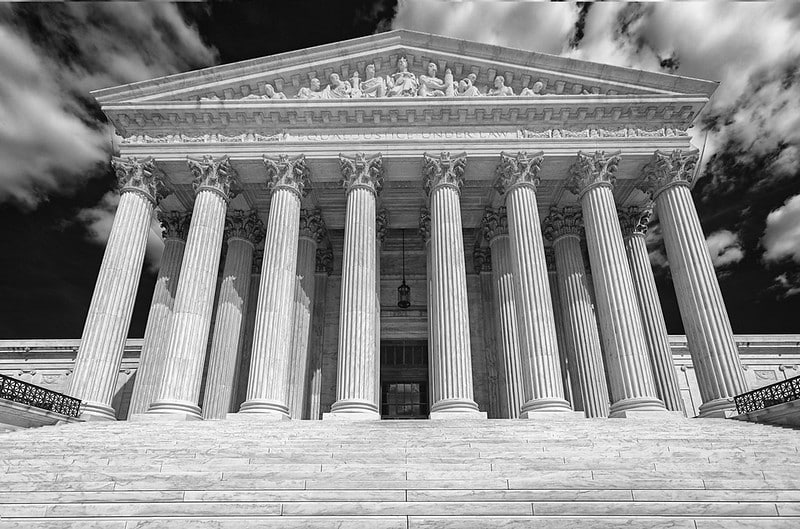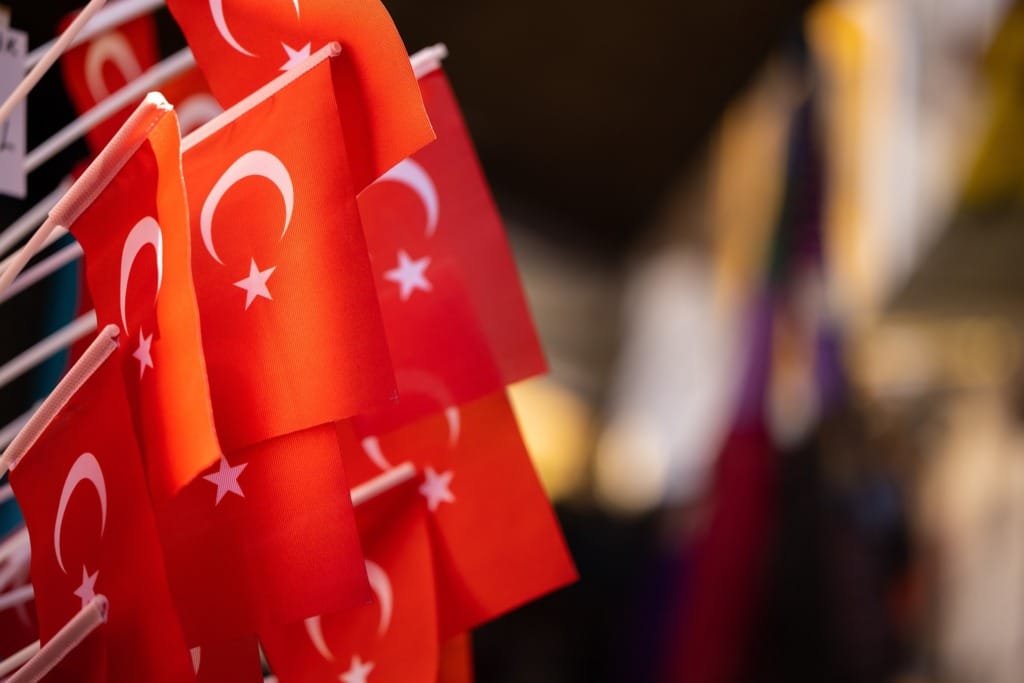Cisco’s Cert Petition
Last Friday, January 31, 2025, Cisco Systems filed a petition for certiorari asking the Supreme Court to review the Ninth Circuit’s decision in Doe v. Cisco Systems, Inc. (2023), a decision holding that claims of aiding and abetting may be brought under the Alien Tort Statute (ATS) and Torture Victim Protection Act (TVPA). As more…
Continue ReadingCC/Devas (Mauritius) Limited v. Antrix Corp.: International Arbitration and Constitutional Avoidance
I suspect that CC/Devas (Mauritius) Limited v. Antrix Corp. Ltd. caught the eye of the Supreme Court because of an interesting constitutional question: Does the Due Process Clause of the Fifth Amendment apply in civil suits brought against foreign states in U.S. courts? More than thirty years ago, Justice Scalia, writing for a unanimous Court…
Continue ReadingRule 19 and Continuing Litigation in Peterson v. Bank Markazi
Last November, the Second Circuit decided in Peterson v. Bank Markazi that Bank Markazi, Iran’s Central Bank, remained immune from suit under the Foreign Sovereign Immunity Act (FSIA) despite the enactment of 22 U.S.C. § 8772, which subjects certain Iranian assets to “execution or attachment” to satisfy judgments against Iran. The district court will now…
Continue ReadingDistrict Court Applies Securities Fraud Provision to Foreign Transactions
Does § 10(b) of the Securities Exchange Act apply to securities on foreign exchanges? Generally, the answer is no. The Supreme Court held in Morrison v. National Australia Bank (2010) that § 10(b)—the Act’s principal antifraud provision—applies only to transactions on U.S. exchanges and to transactions in unlisted securities that occur in the United States….
Continue ReadingArbitration Enforcement and Consent
This Term, the Supreme Court will hear a case that could have profound ramifications for international arbitration: CC/Devas (Mauritius) Ltd. v. Antrix Corp. Ltd. The petitioners are seeking to enforce an arbitration award they won against a state-owned company in India. The district court enforced the award, relying on the New York Convention and the…
Continue ReadingSuing Over the Price of Gas
The Organization of Petroleum Exporting Countries (OPEC) was established in 1960 “to ensure the stabilization of prices by, among other means, the regulation of production.” On one level, OPEC is simply a cartel engaged in anticompetitive behavior. On another level, it is an organization of nation-states that plays a significant role in world politics. Since…
Continue ReadingCassirer Plaintiffs Ask Supreme Court to GVR
On Friday, the plaintiffs in Cassirer v. Thyssen-Bornemisza Collection Foundation filed a cert petition asking the Supreme Court to grant, vacate, and remand (GVR) the Ninth Circuit’s decision in light of new California legislation mandating the application of California law to the merits of the case. It would be standard practice for the Court to…
Continue ReadingSupreme Court Grants Cert in Fuld v. PLO
Today, the U.S. Supreme Court granted certiorari in Fuld v. Palestinian Liberation Organization to decide whether the Promoting Security and Justice for Victims of Terrorism Act (PSJVTA) violates the due process clause of the Fifth Amendment. For prior TLB coverage of Fuld, see here, here, here, here, and here. The PSJVTA purports to establish personal…
Continue ReadingWhat Deference to the Executive in Halkbank Should Have Looked Like
As previously reported, the Second Circuit issued its opinion in United States v. Turkiye Halk Bankasi (Halkbank) on October 22, 2024, addressing the deference owed to the executive branch’s determination that Halkbank, a Turkish state-owned bank, is not immune from criminal prosecution for violating U.S. sanctions on Iran. Similar questions of deference to the executive…
Continue Reading








